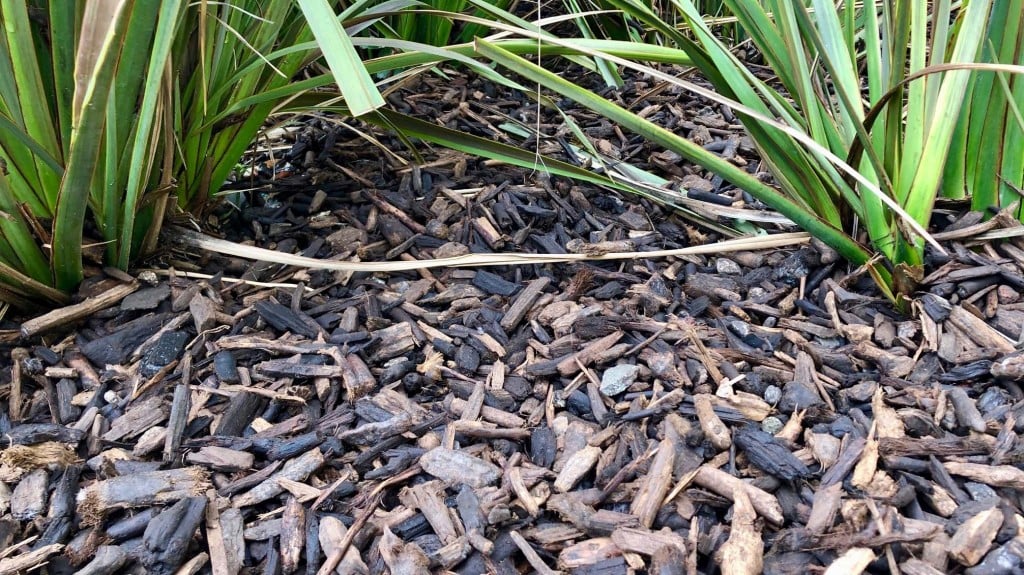The Of Compost Manure
Table of ContentsNot known Facts About Organic Plant FoodThe Buzz on Soil For PlantsThe 3-Minute Rule for Organic Potting SoilThe Plant Fertilizer StatementsBest Soil For Indoor Plants Can Be Fun For Anyone
To use either kind of low-cost mulch, you can apply it as a finishing like you would any other mulch. Or, you can mix it into the soil and gown your plants with it throughout the growing season. This will offer them a nutrient boost (Growfoodguide.com).
 Getting The Organic Vegetable Seeds To Work
Getting The Organic Vegetable Seeds To Work
Another fantastic source of free mulch. When you cut your turf, what do you finish with the yard clippings? If you're like a lot of people, you bag them up and throw them away. Nevertheless, turf clippings are the ideal inexpensive mulch product that you can stick in the remote areas of your garden to assist avoid weeds from sprouting. Any grass clippings you utilize will have a high water content and they break down very quickly to release nutrients. Nevertheless, they likewise tend to get slimy and odor. This is why you want them away from areas you regular.
Not known Facts About Sugar Cane Mulch
If you see your leaves or pine needle mix looks matted, take a rake and carefully fluff them up. Doing this will guarantee water permeates to the soil.
However, stone or gravel are both hard to eliminate if you alter your mind, so you desire to put a great deal of thought into it prior to you put it down.
The 5-Second Trick For Organic Plant Food
Landscape material or black plastic growing shiitake mushrooms works extremely well around trees, shrubs, or other foundation plantings. These types of landscape are very low-maintenance, and you will not require to stress about working in these locations a lot. It's very good at smothering the weeds, and many individuals add gravel or stone on top of the landscape fabric to produce a sharp contrast while weighing the material or plastic down. However, if you live in a location where it gets hot and sunny, the plastic will warm up a lot during the summer. While this is fantastic for eliminating the weeds, it's not so great if it kills the plant roots.
Among the most lengthy parts of having flower beds, shrubbery, or vegetable gardens is the maintenance like weeding, watering, and controlling bugs. Mulch is excellent in this element because it assists to remove a number of these issues or greatly reduce the time you invest performing them. Mulch traps wetness in, as we discussed above. This reduces the requirement for you to water as much, and you save water while doing so. Mulch can be a bug deterrent also. Finally, mulch makes it really hard for weeds to pop through the soil and take on the plants for nutrients and water.
How Organic Vegetable Seeds can Save You Time, Stress, and Money.
The ground layer need to be 12 inches deep, and this will consist of your dry organic products. Once you get this in, add a two-inch layer of manure or soil. Next comes 12 inches of your damp natural product. Produce these layers over and over up until you get a five-foot compost heap. Creating layers like this assists to make sure air can distribute through each layer. In between each layer, damp it and tamp it down. If you desire it to decay quickly, you'll need to have equivalent amounts of veggie peelings or green refuse and straw or fibrous refuse. You'll water your compost heap bi-monthly, and this will cause it to diminish to about of the initial five-foot size.
This should be enough cheap mulch, but you can constantly add a different kind of mulch on top of it like hay or lawn.
5 Easy Facts About Organic Compost Explained
We encourage you to explore the various kinds of mulch and learn which one works best for your requirements.
There are a wide variety of natural choices for mulches. These mulches include the added advantage that as they decompose, they can add useful nutrients like nitrogen and carbon to the soil. "With natural mulches, I'm mimicing what nature makes with the forests," said Tom Roberts, owner of Snakeroot Farm. "Nature makes mulch in the forest by including leaves every year." Roberts collects a variety of organic mulches from his neighbors throughout the year for example, raked leaves and keeps them on his land till he is all set to utilize them among his crops. "All you have to do is be clever enough to believe, 'Who has what I can utilize for a mulch that to them is a waste item?'" he said.